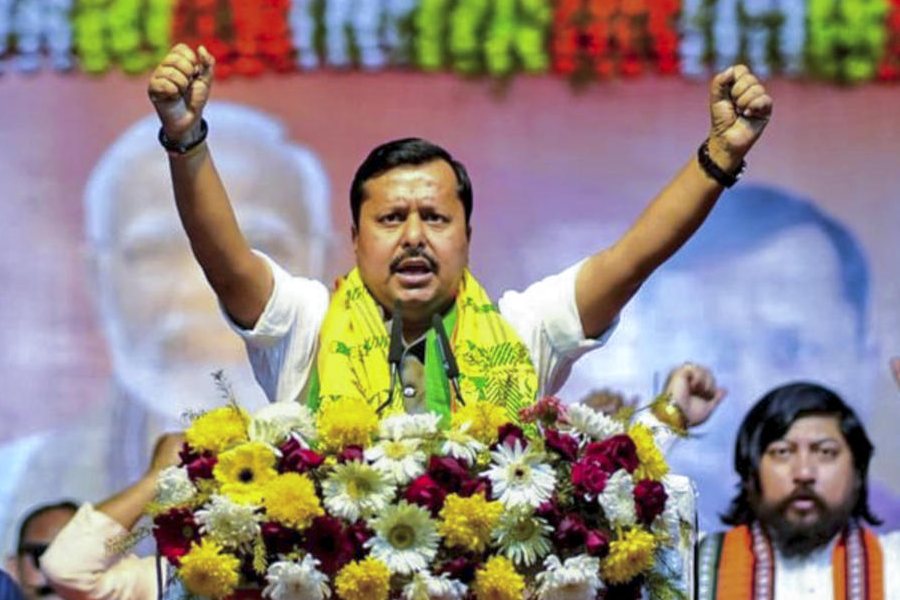Guwahati, Sept. 23: History from the horse’s mouth — that’s how the Mising tribe will record its antecedents for posterity.
No high-brow interpretations, no arm-chair analysis. The tribe will tell its own story, simply and succinctly.
It began with the Guwahati-based Vivekananda Kendra Institute of Culture deciding to bring out a book, Traditional Systems — Change and Continuity of Mising Tribe.
Discarding the common practice of employing scholars to play voyeurs into the lives of the Mising community, the institute devised a way that would enable the tribe to write its own history.
And then began this extraordinary journey back in time for Mising scholars.
Five hundred educated Mising youths are now busy gathering, sharing and filing facts about their culture, heritage and customs.
But the most interesting part of this fact-accumulation drive is that even illiterate and semi-literate villagers have been included in the mission to make the account as authentic as possible.
The Mising population, which is scattered over 11 districts of Assam and East Siang) of Arunachal Pradesh, has strong oral traditions to make up for the lack of written material. Dimbeshwar Pegu, a 55-year-old goanburha (village headman) from Samarajan village in Dhemaji, is one of these “illiterate scholars”.
“The research team is currently visiting Mising villages and is busy documenting its tradition, culture and living styles of the tribe with the help of elderly persons. Once the research is through, hopefully, by mid-October, all the gathered information will be written down in papers,” said an official of the institute.
The institute, of course, has enlisted help from Vivekananda Kendra Institute in association with Mising Agom Kebang (Mising Literary Society) and Mising Dirbi Kebang (Mising Cultural Society).
After the research is through, the institute will hold a seminar on Mising Tribe at Dhemaji in December 15-16, which is likely to be attended by scholars and villagers alike.
Proletariat history will gain a new meaning.











